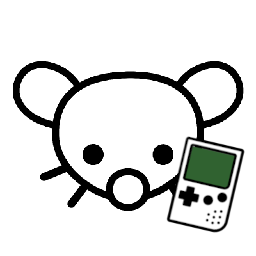My A button was requiring a harder press for the input to be registered than normal, so I opened up my GBC and noticed this transfer on the PCB. I guess years as a child hard holding A to improve pokemon catch rates had caught up. What’s the best way to remove this? Isopropyl alcohol and cotton bud?


The buttons use a carbon based compound to make contact. I think you’ll likely need to source a new button replacement. That is likely the carbon layer.
In general, rubbing alcohol is the goto for cleaning on a PCB. I use an old ultrasonic toothbrush or regular old toothbrush if I can’t submerge whole boards in an ultrasonic cleaning bath.
To clarify, you want 91% isopropyl alcohol. The normal 70% stuff used for first aid as too much water in it for use on circuitry. As far as application, you’re probably fine using a q-tip with light strokes back and forth.
Even 91% seems quite impure, it will leave a lot of residues on the board. Best to go with 99% IPA
Alcohol is so hydroscopic that your 99% will be 91% pretty quickly after opening. 91% is fine, even 70% will do, it just takes a bit longer to evaporate.
The “impurity” is straight up water.
It’s not straight up water. It’s water and other chemicals. These chemicals leave a residue that can be corrosive.
Pure 99% IPA shouldn’t leave white traces on the board.
You leave your alcohol in a large open mouth flask or store it in a non airtight container?